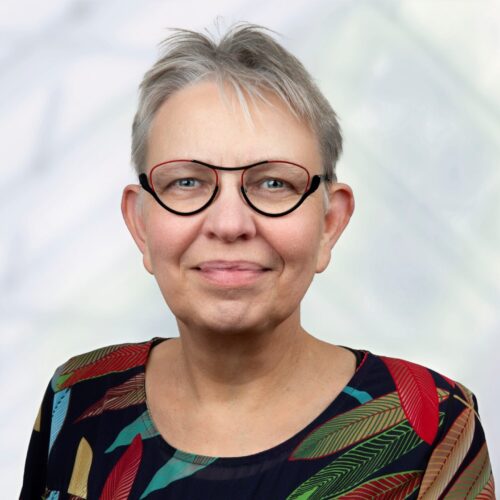- Martina Cornel, M.D, Ph.D
CV
She is President of the European Society of Human Genetics.
She was chair of the Public and Professional Policy Committee of the European Society of Human Genetics for >10 years.
She is a member of the Netherlands Health Council and two of its standing Committees (Population Screening and Advisory Council).
She is board member of the Nederlands Tijdschrift voor Geneeskunde.
She is Editor-in-Chief of the Journal of Community Genetics.
She is chair of the Netherlands Program Committee Neonatal Heelprick Screening.
She published these articles https://pubmed.ncbi.nlm.nih.gov/?term=Cornel+MC
ABSTRACT
If whole genome/exome sequencing (WGS/WES) is performed in patients for whatever reason, actively searching for and reporting pharmacogenetic/genomic variants is feasible in theory. Nowadays WGS/WES is often performed in children with a severe health problem (e.g. at the NICU) or with developmental delay. Often these patients need medication in subsequent months or years. Some adverse effects can be avoided if pharmacogenetic (PGx) variants are known. Pharmacogenetic testing is for instance required or suggested for antiepileptics carbamazepine and valproic acid. While reporting secondary findings from sequencing is generally contested, there are ethical arguments in favour as well, first of all beneficence. It might be in the best interest of the child. Whether or not explicit informed consent would be needed, differs between jurisdictions. Storing the data in a medical record would generate subsequent responsibilities for data sharing and for future prescribers. Roles and responsibilities must be clarified.
A broader public health ethics framework might be needed to consider routine return of PGx findings. The principle of equity would require more insight in variation in non-European populations. Clinicians and policymakers should consider whether, and under what circumstances, routine screening and return of pharmacogenomic variants unrelated to the indications for testing is appropriate.

